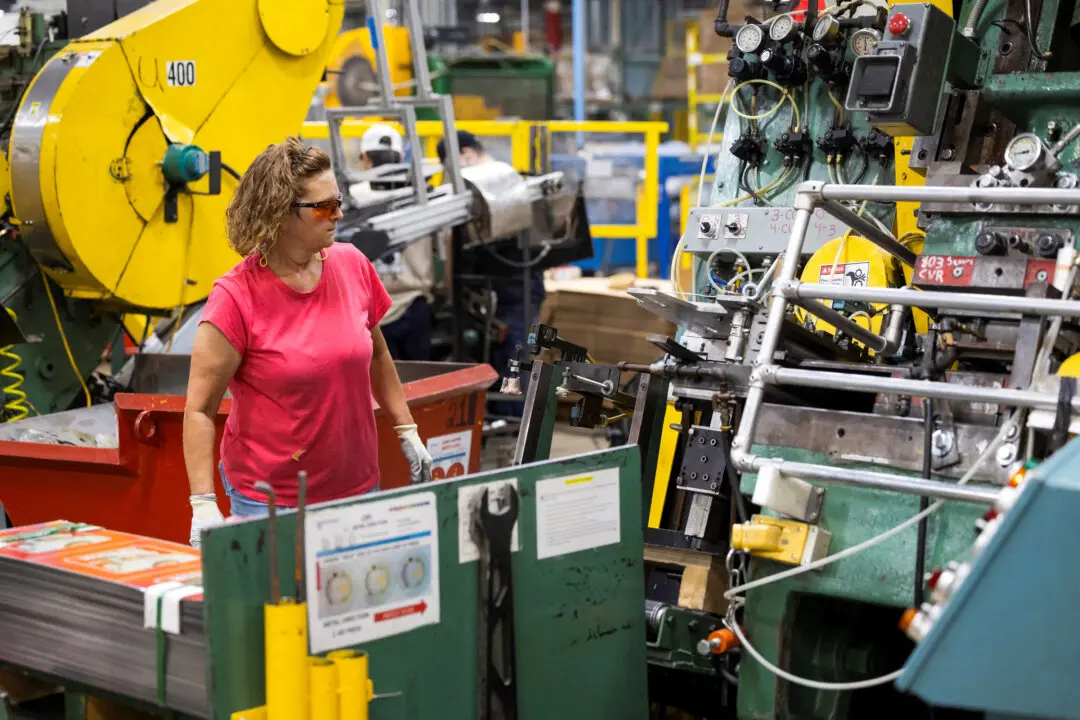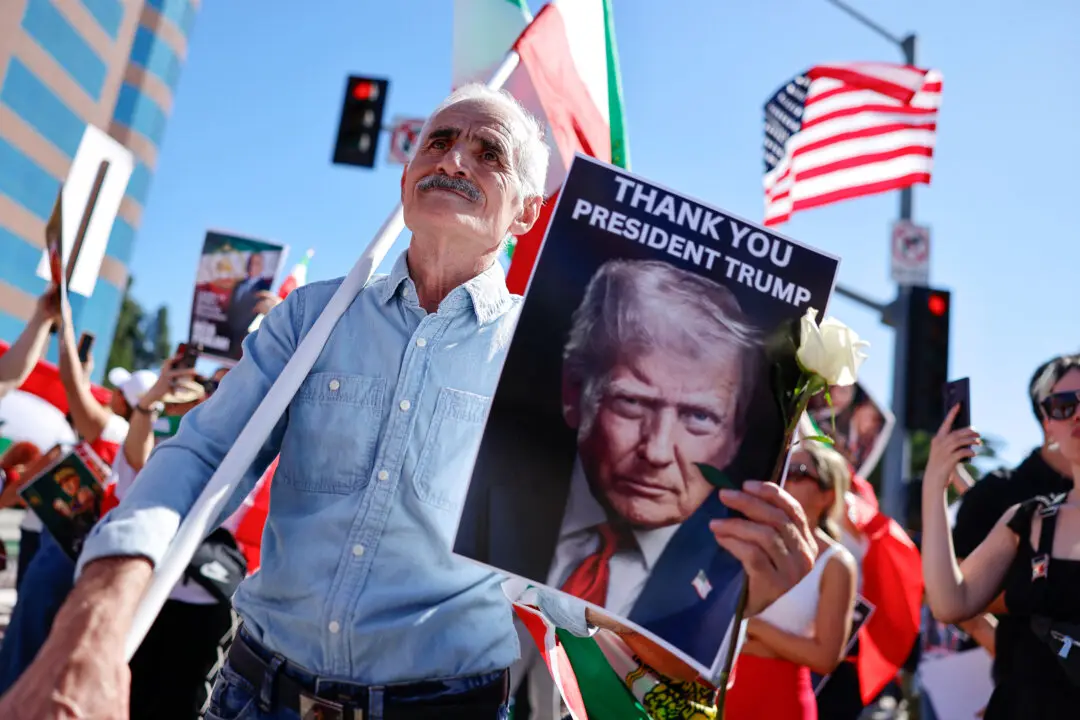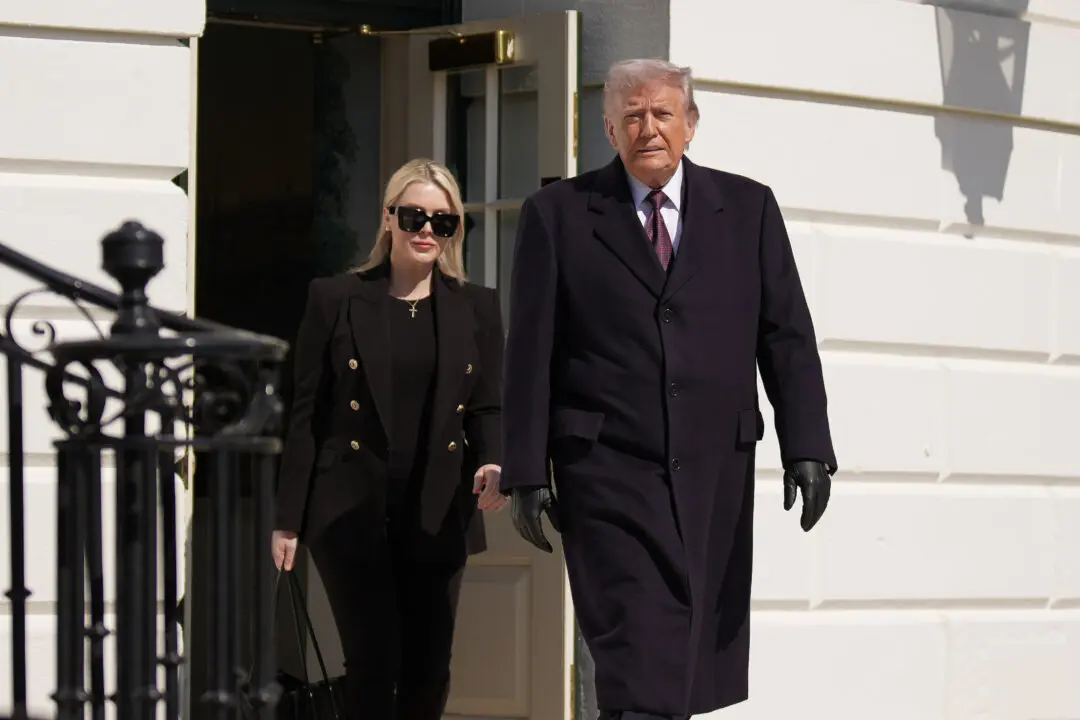OSAKA, Japan—President Donald Trump arrived in Japan on June 27 ahead of a two-day Group of 20 (G-20) summit, amid growing trade and geopolitical tensions.
Trump arrived at 6:42 p.m. local time at Osaka’s Itami Airport. The trip closely follows Trump’s state visit late last month to Tokyo, where he met Naruhito, Japan’s new monarch.





